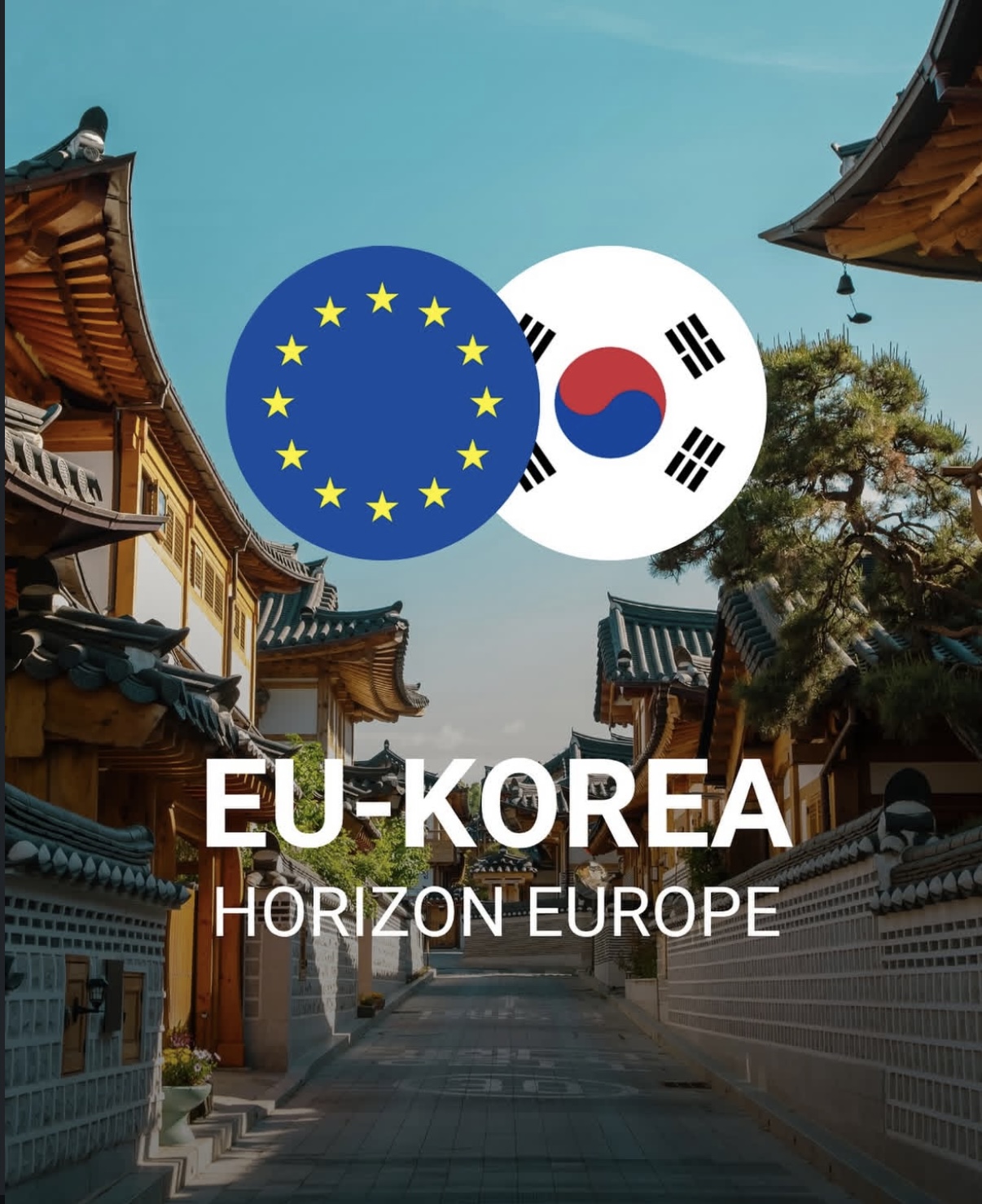
Registration Opens for SAF 2025: International STEAM Azerbaijan Festival Welcomes Global Youth
The International STEAM Azerbaijan Festival (SAF) has officially opened registration for its 2025 edition!

On 17 July 2025, the Ministry of Science and ICT of South Korea and the European Commission signed “Agreement between the European Union and the Republic of Korea on the Participation of the Republic of Korea in the Union Programmes” and accompanying protocol at EU headquarters in Brussels. The ceremony was officiated by Ambassador Ryu Jeonghyun and Signe Ratso, Deputy Director‑General of the Commission’s Research & Innovation Directorate.
This addition builds upon a transitional arrangement that took effect on 1 January 2025, enabling Korean institutions to participate in Pillar II of Horizon Europe-belonging to the €52.4 billion fund focusing on shared global challenges such as climate, energy, digital economy and health.
A Win-Win for Korea and the EU
South Korean researchers are now eligible to apply to Horizon calls on equal footing with EU member states-submitting proposals directly and receiving funds from the EU budget, without extra domestic processes. This opens the door for enhanced collaboration in fields like artificial intelligence, quantum technologies, advanced life sciences, and sustainable systems.
Minister Bae Kyung‑hoon of Korea’s Science and ICT Ministry emphasized that the association would facilitate joint research in AI, quantum, and biotech, and expressed the government's commitment to backing researchers seeking EU partners
Korea-EU Science Link Strengthened Through Chips Initiative
The Horizon Europe milestone follows previous Korea–EU collaborations, notably since the EU-Republic of Korea Digital Partnership was initiated in late 2022. One highlight includes four jointly funded semiconductor R&D projects (~€12 million total) under Horizon Europe’s Chips Joint Undertaking. These projects target breakthroughs in neuromorphic computing, energy-efficient Vision Transformer chips, and LIDAR systems.
Next Steps and Support
With the formal association now in place, Korean researchers have already begun forming consortia and submitting proposals aligned with the 2025 Work Programme. To boost participation, the Korean government will offer pre-planning grants, briefing sessions, and the Horizon Europe Multilateral Cooperation Team through the National Research Foundation.
Why It Matters for Education
Sources
Share

Registration Opens for SAF 2025: International STEAM Azerbaijan Festival Welcomes Global Youth
The International STEAM Azerbaijan Festival (SAF) has officially opened registration for its 2025 edition!

Join the Edu-live Internship Program!
Are you passionate about journalism, education, science, as well as global study and development opportunities? Do you want to be part of a dynamic media platform that brings educational and scientific news and stories to life from around the world?

Yer yürəsinin daxili nüvəsində struktur dəyişiklikləri aşkar edilib
bu nəzəriyyənin doğru olmadığı məlum olub. Seismik dalğalar vasitəsilə aparılan tədqiqatda daxili nüvənin səthindəki dəyişikliklərə dair qeyri-adi məlumatlar əldə edilib.

Young Leaders Union Conference 2025 in Paris (Fully Funded)
Join Global Changemakers in Paris! Fully Funded International Conference for Students, Professionals, and Social Leaders from All Nationalities and Fields

An mRNA cancer vaccine may offer long-term protection
A small clinical trial suggests the treatment could help keep pancreatic cancer from returning

Lester B Pearson Scholarship 2026 in Canada (Fully Funded)
Applications are now open for the Lester B Pearson Scholarship 2026 at the University of Toronto!